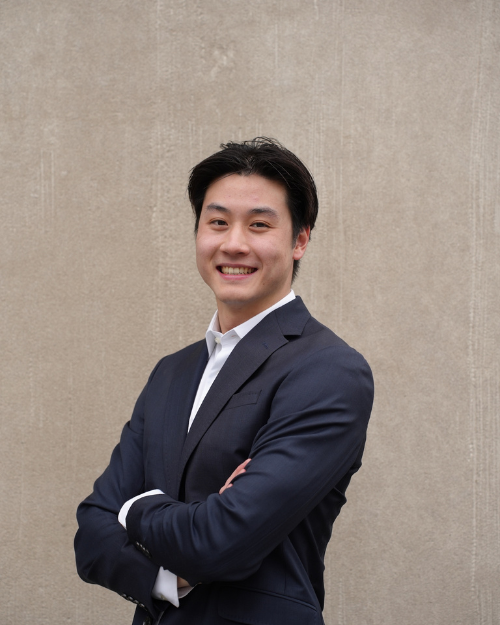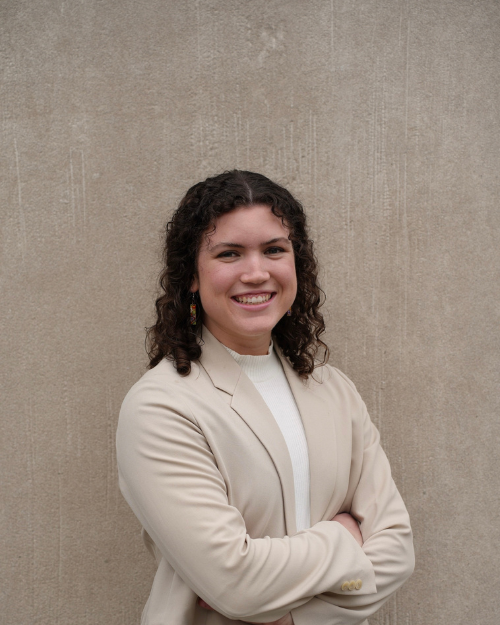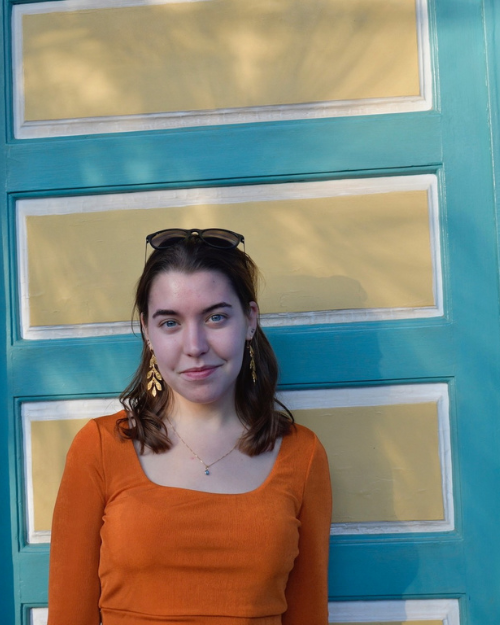Projects for Peace
Projects for Peace is a global program that partners with educational institutions to identify and support young peacebuilders. Each year, the program grants $1.25 million to student leaders who are developing innovative, community-centered, and scalable responses to the world’s most pressing issues and 125 or more student leaders are each awarded $10,000 grants to implement a Project for Peace, typically between May and August. Along the way, these student leaders increase their knowledge, improve their skills, and begin to see themselves as agents of change. Tufts will nominate two projects for consideration of a $10,000 prize. The application process begins each November and proposals must be submitted by early January.
In 2007, philanthropist Kathryn Wasserman Davis celebrated her birthday with a remarkable investment in youth: committing $1 million for the first 100 Projects for Peace. Mrs. Davis’ legacy lives on: the Davis family and friends believe, like Mrs. Davis did, that today’s youth—tomorrow’s leaders—ought to be challenged to formulate and test their own ideas. To date, more than 2,000 Projects for Peace have been implemented in over 150 countries.
For more information, contact Heather Barry, Special Adviser for Global Strategy
Projects for Peace 2026
Information Session: Wednesday, Dec. 3 | 1:00 pm | Barnum 136
Open to graduate and undergraduate students, including seniors!
Project proposals are due January 27, 2026 and will be implemented during the summer of 2026.
Projects for Peace Application
The Project for Peace Application period closed on January 27, 2026.
Projects for Peace 2024
Tisch College announces that two Tufts’ projects have been awarded a 2024 Projects for Peace grant of $10,000 each to implement innovative, peacebuilding projects in Rwanda and Jordan.
The two projects, and their leaders, are “Tying the Knot between WASH and OneHealth: A Holistic Approach to Peacebuilding in Rwanda’s Musanze District” led by Timothy Chou and Cora Cunningham, and “Playing for Peace: Girls Achieve at Squash Dreamers Summer Program” led by Alexandra Dingle.
“Tying the Knot between WASH and OneHealth: A Holistic Approach to Peacebuilding in Rwanda’s Musanze District”

Timothy Chou, A24
Major: B.S. in Biopsychology
Hometown: Saratoga, CA
"I am honored and grateful for the opportunity that Projects for Peace has given us, to implement an intervention that bridges healthcare and education in rural Musanze District, Rwanda this summer. I am excited to be recipient of the Projects for Peace award, as they empower students to be agents of positive change and provide us with the means and support to develop innovative, community-centered, and scalable responses to the world’s most pressing issues. An additional thank you to Dr. Anatole Manzi and Tasha Tower at Move Up Global, the NGO that we will be working with to implement our project, and Heather Barry and Tisch College for their ongoing support."

Cora Cunningham, A24
Major: Biopsychology and Community Health
Hometown: Dayton, OH
"It is an honor to be a recipient of this year's Projects for Peace grant. Receiving this grant has provided our team with the opportunity to implement lifechanging health and education programming in rural Rwanda to address the inequities in disease prevalence and water access. By tying the knot between health and education, we look forward to advancing the missions of Move Up Global and Projects for Peace in Musanze this summer.
Lack of access to clean water results in increased prevalence of intestinal worm infections, malnutrition, high rates of absenteeism in schools, and reduced quality of life. In Rwanda, over 30% of primary school students are infected by intestinal parasites, and approximately 33% of Rwandan children are physically stunted due to malnutrition. In communities surrounding the Volcanoes National Park, the prevalence of intestinal worm infections and malnutrition remains higher than the national average. This project addresses these issues through hands-on, community-based education focusing on the intersectionality between animal, environmental, and human health in partnership with a local nonprofit, Move Up Global (MUG). The grantees will work in Nyabirehe and Rwinzovu Primary Schools, communities that serve over 23,000 people, and develop learning materials and info guides for mass distribution and community-based education. Grantees will also host OneHealth workshops to discuss climate change and its effects on WASH practices, as well as potential mitigation strategies. By recognizing the intertwining of health and education in schools, MUG aims to transform these schools into models of quality health care and education for teachers, students, their families, and the larger community.
To promote peace in the Musanze district, the grantees will embrace the Ipfundo approach, or the Knot Framework, which leverages schools as hubs for sparking change and improving health and educational outcomes. The Ipfundo framework aims at building or strengthening linkages between education and community health systems. As community leaders, teachers are the first to identify the implications of inadequate WASH. With the Ipfundo framework, schools become the center for community transformation. The grantees will work in partnership with IREME, a Rwandan NGO that employs a number of community health workers that work closely with community members and schools to provide health education and conduct home health visits."
“Playing for Peace: Girls Achieve at Squash Dreamers Summer Program”

Alexandra Dingle, A24
Major: International Relations and Middle Eastern Studies, minors in Arabic and Child Development
Hometown: New York, NY
"I believe in the critical intersection between civic engagement and global mindedness. I advocate for community building and cross-cultural exchange, striving to understand how experiential learning can reshape education for displaced children. I am excited to create a summer program for Squash Dreamers, an NGO assisting refugee girls in Jordan through sports and learning activities, that I worked closely with when I spent my junior year studying abroad in Amman.
Squash Dreamers is a small organization with limited funding that relies almost entirely on volunteers to run a full-time summer program for around 40 refugee girls, focusing on developing English, math, and science skills along with squash training. The Projects for Peace grant will be instrumental in helping expand the capacity of the programming to new girls while also incorporating new activities. Apart from planning lessons, the grantees will step in and work on developing a new summer curriculum by coordinating cultural activities, carrying out local excursions, and finding new opportunities for community bonding."